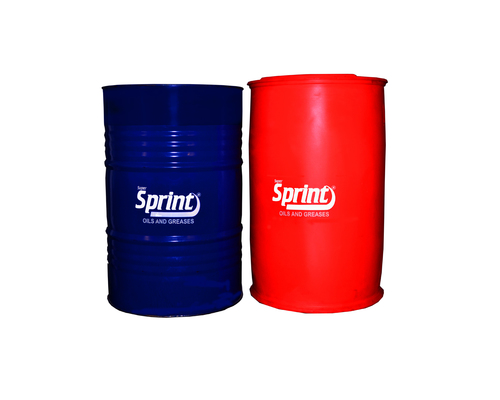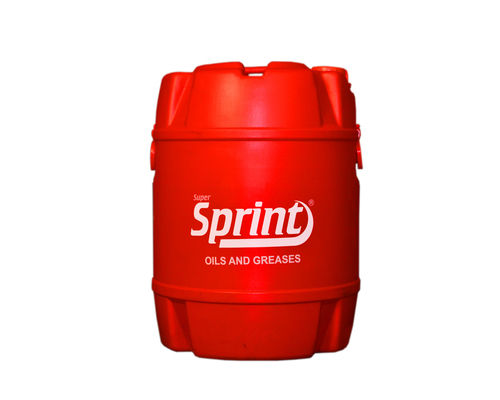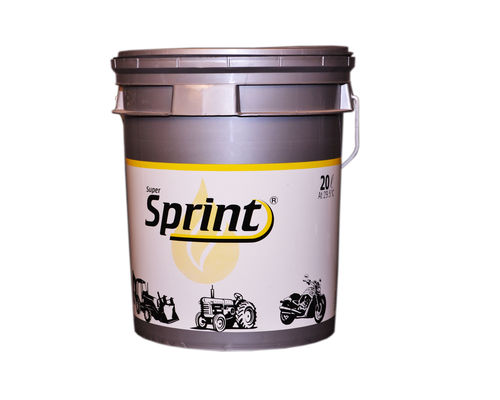
Thermic Fluid
Product Details:
- Type Thermic Fluid
- Application Heat Transfer
- Click to View more
Thermic Fluid Price And Quantity
- 100.00 - 150.00 INR/Bottle
- 01 Bottle
Thermic Fluid Product Specifications
- Heat Transfer
- Thermic Fluid
Thermic Fluid Trade Information
- Cash Advance (CA), Cash in Advance (CID)
- 100 Bottle Per Week
- 10 Days
- Yes
- 210L,110L,55L,20L.10L,5L,1L
- All India
Product Description
Thermic fluid is a specialised kind of fluid used for transmitting heat from one place to another. It is sometimes referred to as heat transfer fluid or thermal oil. In industrial settings where precise temperature control and effective heat transfer are necessary, it is frequently utilised.
Thermic fluid has the following salient characteristics and advantages:
1. High Thermal Stability: Thermic fluids are created with strong thermal stability in mind, enabling them to sustain high operating temperatures without degrading. They can function properly at a range of temperatures, from below zero to several hundred degrees Celsius.
2. Thermic fluids' high thermal conductivity makes it possible for heat to flow between heat sources and heat sinks efficiently. This enables even heating throughout the system and accurate temperature control.
3. Low Viscosity: Thermic fluids are made to have low viscosity, allowing for simple system circulation and flow. As a result, energy use is decreased and heat transfer rates are accelerated.
4. Thermic fluids have high flash points, which means they have high ignition temperatures, which lowers the danger of fire hazards. Additionally, some thermic fluids are designed to be fire-resistant, adding an additional level of security in applications where fire exposure is a possibility.
5. Thermic fluids are resistant to oxidation and heat deterioration, keeping their functionality and characteristics for a lengthy period of time. This reduces fluid deterioration, sludge production, and the requirement for frequent fluid replacements.
6. Low Maintenance: Compared to other heat transfer media, thermodynamic fluids require less maintenance. They require less frequent fluid replacement, which saves time and maintenance costs because to their outstanding stability and prolonged fluid life.
7. Thermic fluids are compatible with a variety of materials, including pumps, valves, and seals, that are frequently used in industrial heating systems. They contribute to the longevity of system components and have no negative effects on them.
8. Environmental Considerations: A lot of thermic fluids are made with low toxicity and minimal environmental impact in mind. They are easily biodegradable and have minimal emissions.
Based on the individual application, operating temperature range, and compatibility with system materials, it is crucial to choose the right thermic fluid. For optimum performance and prolonged system life, regular fluid analysis and adherence to manufacturer's recommendations for fluid maintenance and replacement are crucial.
Specification
| Engine Oil Type | High performance Monograde Engine Oil |
| Usage/Application | Automobile and Industrial |
| Grade | SG/CF4 |
| Suitable For | all type of vehicles |
| Brand | Sprint |
| Type | Monograde Engine Oil |
| Packaging Type | Bucket,Bottle,Drum,Barrel and Tins |
| Model/Grade | API-SG/CF4,SAE-40 |
| Packaging Size | Can |
| Packaging Size (litres) | 500ml,1L,5L,10L,20L,26L,55L,110L, 210 L |
| Country of Origin | Made in India |

Price:
- 50
- 100
- 200
- 250
- 500
- 1000+

 Send Inquiry
Send Inquiry




